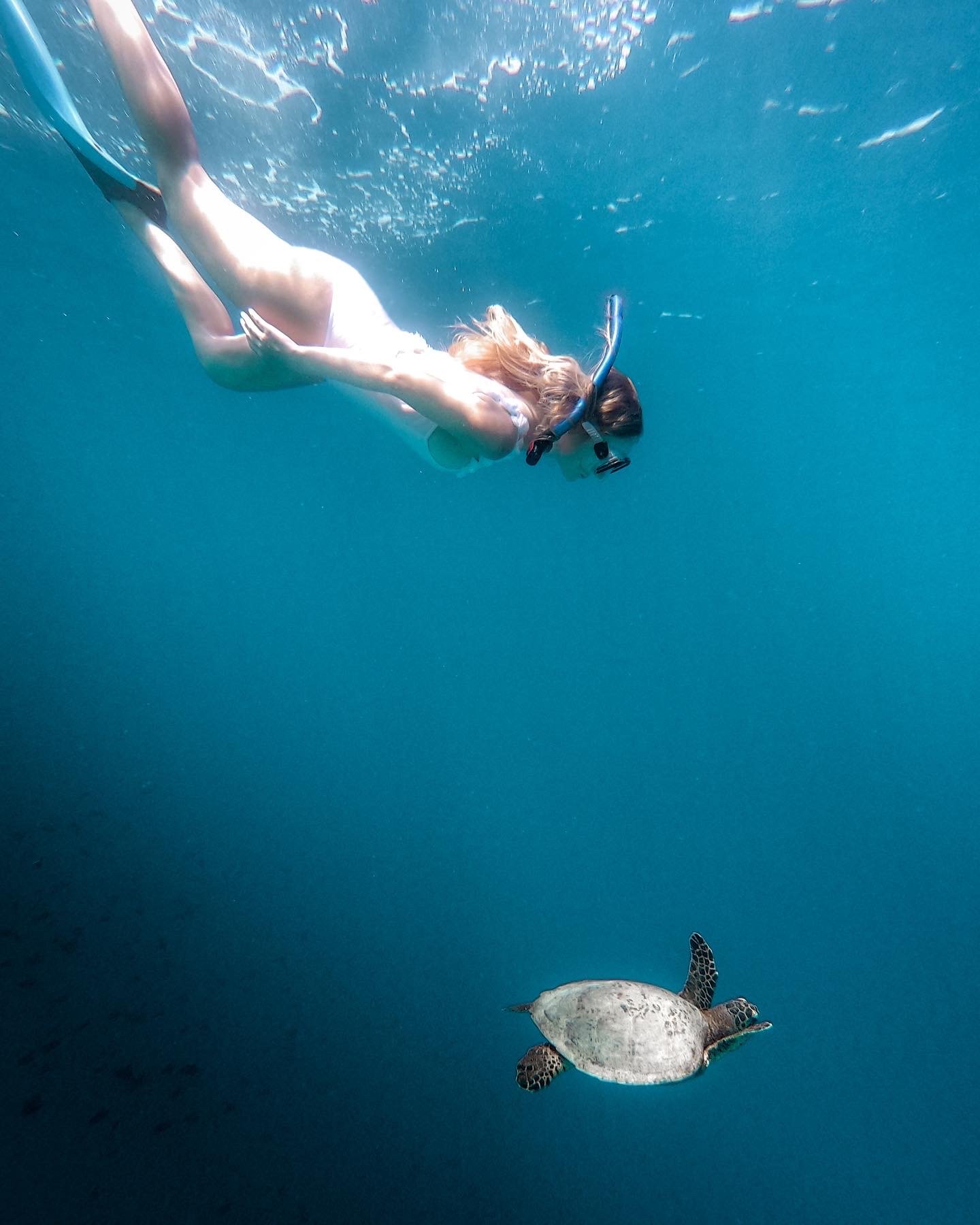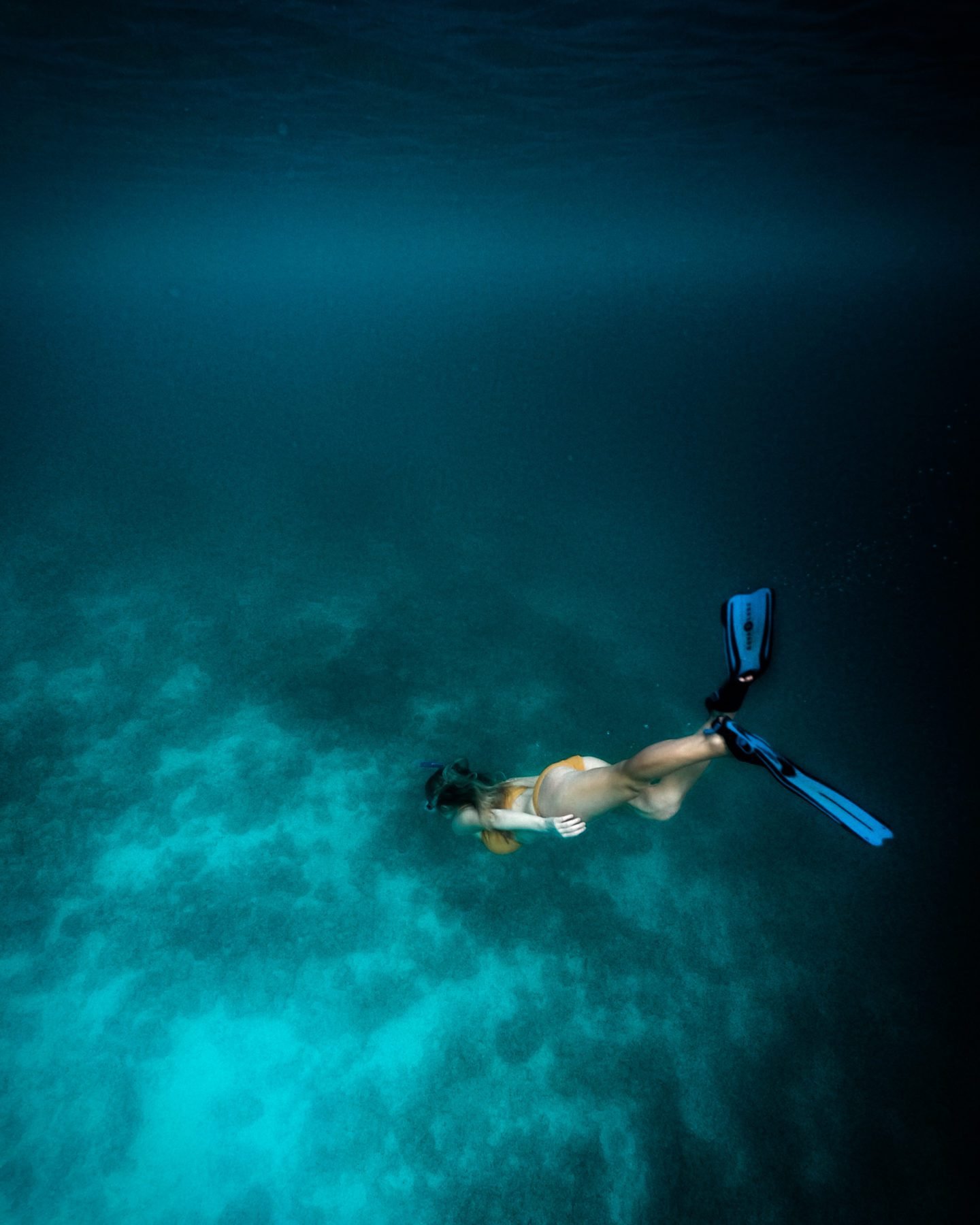Hey FAM! Today let’s talk about a very important topic: How to act to save the oceans? As you may know, we are passionate about diving and marine animals. Seeing the oceans and animals in danger is really heartbreaking for us. We have already seen the difference between our dives a few years ago and now. Unfortunately, this has changed a lot.
Every living thing depends on the ocean. Covering more than 70% of our planet’s surface, it contains an astounding diversity of life. And this affects everything from global weather patterns to food systems. So when we hear the ocean is in trouble from the effects of overfishing, climate change, and pollution it’s easy to feel powerless. While many of these issues will require leadership from governments and businesses, there are plenty of actions you can take that will make a big difference for the ocean! Here are 5 easy ways to act. Let’s act together today!
Act now to save the oceans!
1. Reduce your carbon emissions
In the last half-century, the ocean has absorbed 90% of the excess heat created by burning fossil fuels. That’s led to warmer waters, which can affect where fish swim, bleach coral reefs. But this also changes in how marine species reproduce, speed up sea-level rise, and even alter weather events on land.
You can act to decrease the effects of climate change on the ocean by cutting your carbon footprint at home: turn off lights and unplug electronics when you’re not using them. Also, you can adjust your thermostat, walk or ride your bike to work, use common transportations, and demand renewable energy options when it is possible.
2. Stop using single-use plastics
Single-use plastics—such as non-reusable water bottles, take-out packaging, plastic bags, and straws—pollute our ocean and can destroy ecosystems and endanger marine life. With 8 million tons of plastic dumped into the ocean each year, there could be a pound of plastic for every three pounds of fish in the ocean within the next decade alone. To minimize your impact, remove unnecessary single-use plastics from your daily habits. Even eliminating straws could go a long way towards reducing ocean debris. If every American sipped out of just five fewer straws per year, we could keep more than 1.5 billion straws out of landfills—and our ocean.
You can now buy a reusable straw, bottle or bag and keep it with you when you travel or when you are going to the restaurant! Also, many associations are organizing collects on the beaches to remove the plastics. Feel free to join them during these collects to help! You can also collect the plastics by yourself during your travels.
3. Travel smarter
Consider booking your next trip through a responsible travel company that is committed to protecting wildlife, empowering local communities. And that is using guides who are aware of rules and best practices.
Once you arrive at your destination, be respectful of marine life and habitats, such as nesting sea turtles on beaches and sensitive coral reef systems. And be discerning about your purchases. Purchasing certain items, such as coral jewelry, shark products, or tortoiseshell accessories (made from endangered hawksbill turtles) damages fragile ecosystems and threatens critically endangered species.
Also, when you are doing snorkeling or diving, never touch anything with your hands or feet! Turtles, sharks, corals, raies… You need to protect marine life and having direct contact with them can be really dangerous for them. Then, be careful to wear only sustainable sunscreen that will not be dangerous for oceans and animals. Also, don’t visit circus, zoos or aquariums. It is clearly animal cruelty. Be sure to visit places where animals are free and are in their natural habitat. If you want to swim with dolphins or sharks you can always find a place to do this and be respectful to the animals.
4. Stop/ reduce eating fish
Also, the best way to save the oceans and to protect fish… Is to stop eating them! Overfishing is the greatest threat our ocean faces. And global fish populations are rapidly decreasing due to high demand and unsustainable fishing practices.
5. Sign on, sign out, speak on!
Being an advocate for the ocean can be as simple as speaking out about the importance of this vast ecosystem. Tell your friends and family why the ocean matters, and let our leaders know that you side with the ocean. WWF’s Action Center helps you take action now. Start by joining the fight against plastic pollution.
Thank you for reading Travel FAM! We really hope you liked this post and that it will help you to act now and save the oceans and marine life! Have you read our blog post about 10 easy ways to reduce your environmental impact?
If you have more questions or suggestions let us know in the comments! 😉


